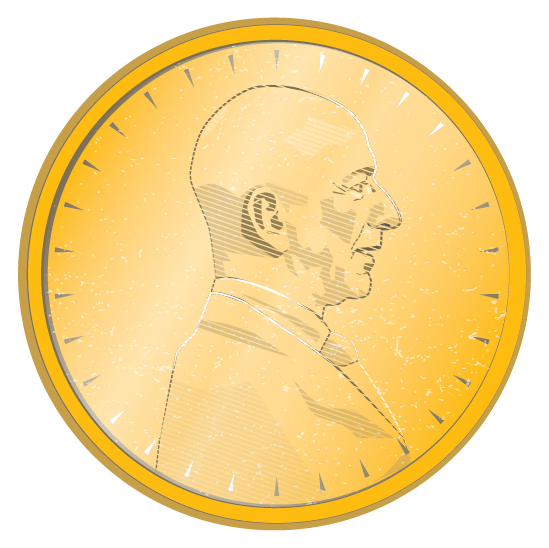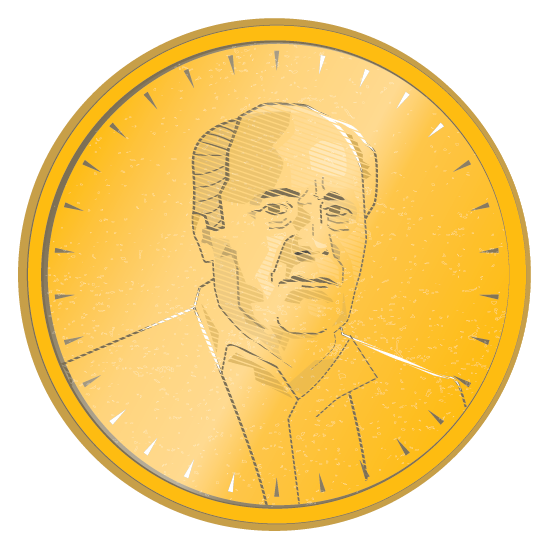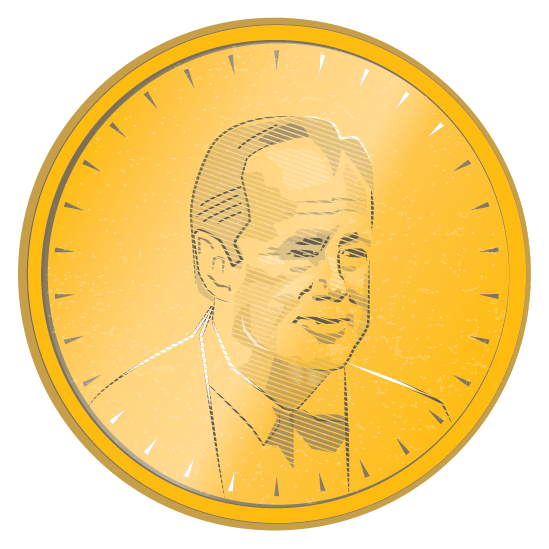Skip to Section
Introduction
Income growth inequality
Owners vs workers
Looking at global inequality, what it means for both extremes of the spectrum,
why it needs to change and practical steps towards a more equitable society.
An visual summary based on Oxfam's 2019 annual report Reward Work not Wealth
By Bibliotec, with special editing assistance from Robyn Bowden
This is a scrolling story, please scroll up or down to navigate
Last year saw the biggest increase in the number of billionaires in history, one more every two days. Billionaires saw their wealth increase by $762bn in 12 months. This huge increase could have ended global extreme poverty seven times over.
Economic Growth, the metric that we use to measure a nation's health, is broken.
Considering the extent to which wealth is unevenly distributed, economic growth does not reflect overall prosperity. Instead, it reflects a system where wealth is concentrated and enjoyed by a very small percentage of the population, who are often complicit or directly involved in exploiting the majority. On the other hand, the majority are trapped in poverty as a result of their limited wages. The concentration of power has also led to workers' rights being significantly diminished and undermined; the space for citizens to speak out is being closed, and freedom of speech suppressed. CIVICUS has found that serious threats to civic freedoms now exist in more than 100 countries.
"We can have democracy in this country, or we can have great wealth concentrated in the hands of a few, but we can't have both."
US Supreme Court Justice Louis Brandeis famously said, "We can have democracy in this country, or we
can have great
wealth concentrated in the hands of a few, but we can't have both." Our leaders know this, but
rather than act to reduce
wealth concentration and inequality, they are instead choosing to suppress democracy and the freedom
to demand a fairer
society.
Unless we can fix our economy and decrease inequality, poverty with all its direct and indirect
effects can never
meaningfully end.
This story examines the causes of inequality, and what steps we can take to change the current
disastrous course of
the global economy.
Economic Rewards Concentrated
You are probably aware that there is a yawning gap between how much is earned by the wealthiest parts of the population vs. the amount earned by anyone else. This gap has been widening exponentially due to uneven income growth (i.e. how much the amount someone earns increases over time) over the last several decades, according to the World Inequality Report.
Between 1980 and 2016, 31% of the total income growth went to the middle 40%*
The remaining 69% was distributed between the top 10% and the bottom 50% of the earners.
We can see that the most growth was divided among the the smallest number of people (top 10%) and for the bottom 90%, the opposite is true.
(it could be helpful to think of the coins as the total number and size of all pay raises in that time)
31%
12%
57%
57/10
Middle 40%
Bottom 50%
Bottom 90%
Top 10%
43/90
Crazy!
If income in 1980 looked liked this:
For the bottom 50%'s income to have doubled from 1980 to 2016
The middle 40%'s will have risen eleven times
And the top 10%'s by a factor of 48
If we compare the bottom 50% to the top 1%, it's 226 times
For the 0.1%, an astounding 1092 times
With hypothetical incomes in context
| Top 0.1% |
$5/hr $5460/hr |
| Top 1% |
$3/hr $678/hr |
| Top 10% |
$2/hr $76/hr |
| Middle 40% |
$1/hr $11/hr |
| Bottom 50% |
$0.1/hr $0.2/hr |
Bottom 50%
Middle 40%
Top 10%
Top 1%
Top 0.1%
In 2016, annual share dividends from the parent company of fashion chain Zara to the world's fourth-richest man, Amancio Ortega, were worth approximately 1.3bn Euros. Stefan Persson, whose father founded H&M, is ranked 43 in the Forbes list of the richest people in the world, and received 658m Euros in share dividends last year. People like Persson and Ortega could not have gained this sort of wealth on their own. This type of wealth relies heavily on the backs of invisible workers.



Who are these invisible workers?
Click to reveal
Workers like Anju, Dolores, and Myint are subjected to atrocious working conditions and poverty
wages despite
significant economic growth in most countries in recent decades. While the value of what
workers produce has grown
dramatically, they have seen little or any correlation in their wages or working
conditions. The International Labour
Organisation (ILO) surveyed 133 rich and developing countries between 1995 and 2014, and found that
in 91 countries,
wages had not reflected increased productivity and economic growth.
Meanwhile, returns for shareholders and senior executives have risen to unfathomable
numbers. The richest 1% continue to
own more wealth than the whole of the rest of humanity. On average, it takes just over 4 days for a
CEO to earn what one
Bangladeshi does her entire lifetime.
A visual summary based on Oxfam's report Reward Work not Wealth
©Bibliotec 2021